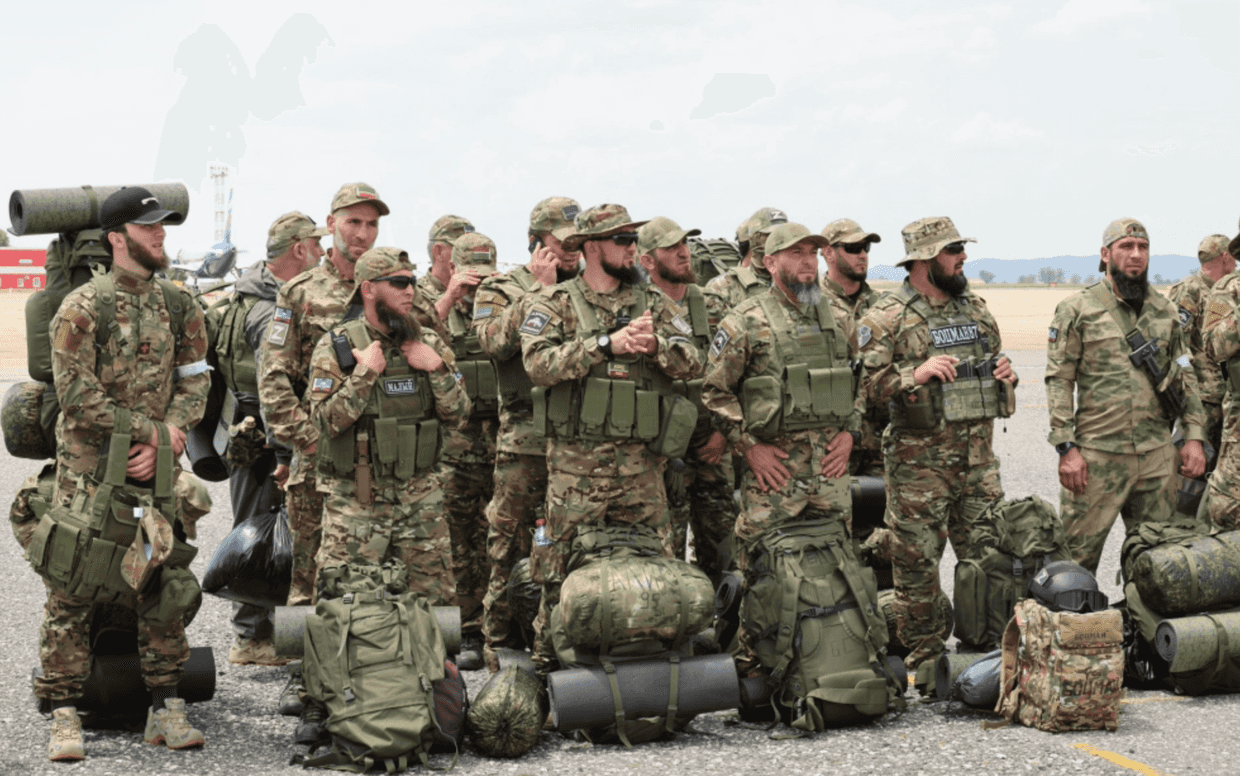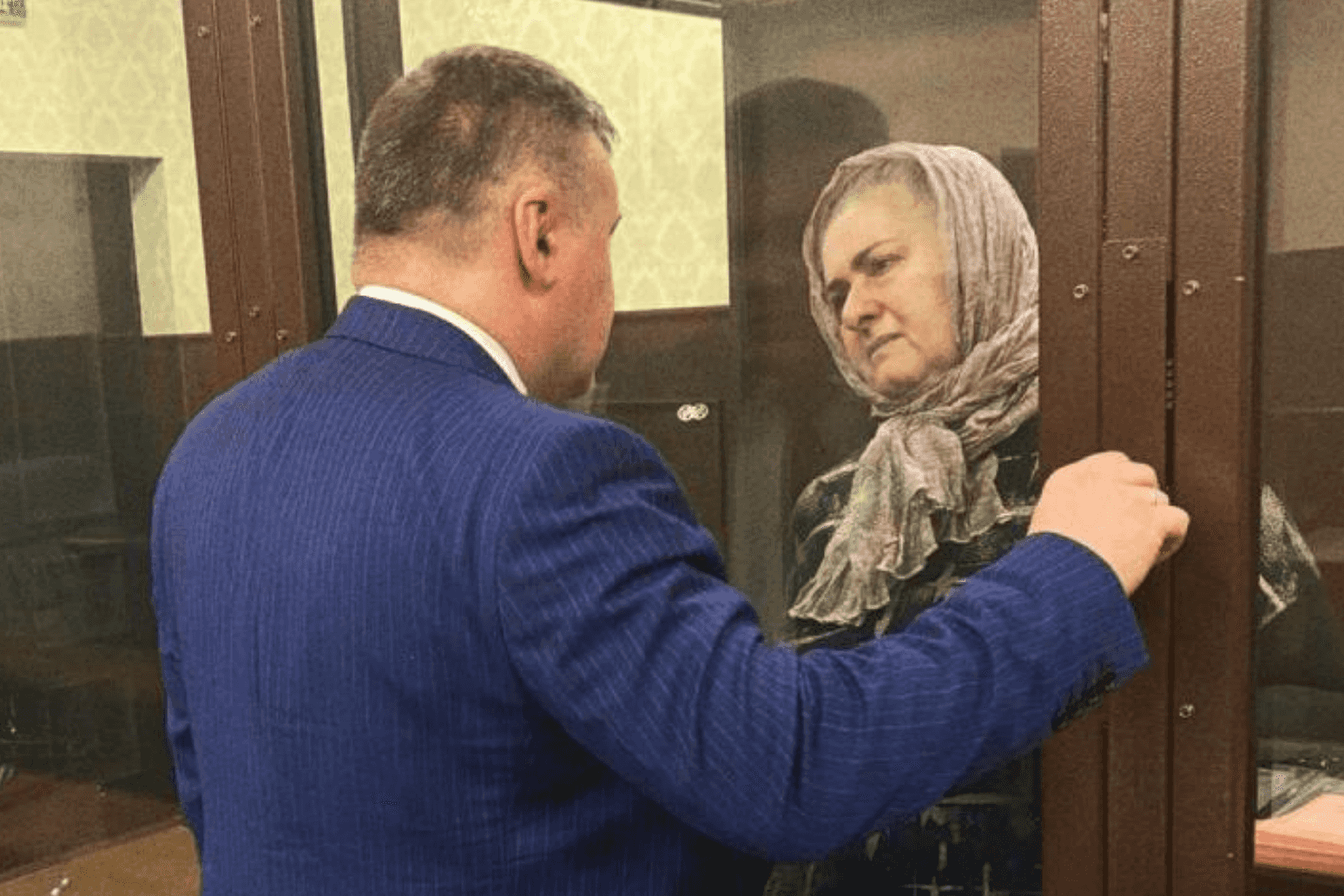
Tumso Abdurakhmanov, a prominent blogger and critic of Chechen head Ramzan Kadyrov, has reportedly survived an attempt on his life in his flat in a European city. Both he and his attacker remain in hospital.
Abdurakhmanov, whose YouTube channel is followed by 260,000 people, is widely known for his harsh criticism of the Chechen authorities. In March 2019, the speaker of the Chechen Parliament, Magomed Daudov, declared a blood feud against him.
Swedish-based organisation the Vayfond Chechen Human Rights Association reported that on Wednesday afternoon ‘somehow, an unidentified person broke into Tumso’s apartment and tried to kill him with a hammer while he was sleeping’, calling the attack an ‘assassination attempt’.
‘However, a fight ensued, during which Tumso managed to neutralise the attacker and call the police. Tumso himself is in the hospital’, they said.
The group also published a video reportedly filmed by Abdurakhmanov after the attack in which the attacker lays on the floor of his flat in a pool of blood. When questioned, the man says that he was sent by a man named ‘Abdurakhman’ from Chechnya to ‘scare’ Abdurakhmanov, adding that ‘they have my mother’.
The man in the video identifies himself as ‘Ruslan’ and says he was from Moscow. Replying to Abdurakhmanov’s question about how the attacker knew his address, he said: ‘they gave it to me’.
Abdurakhmanov’s brother, Mukhammad Abdurakhmanov, told Caucasian Knot that his brother’s life was out of danger. He said that the attacker struck Abdurakhmanov on the head with a hammer while he was sleeping, but the injury was minor.
Amina Sadulayeva, a representative of the Vayfond Association, told the BBC that Abdurakhmanov remained in hospital and that no one was being allowed in to see him, ‘except, perhaps, a lawyer’.
She said that Abdurakhmanov would not have a mobile phone with him during the investigation. According to Sadulayeva, by the time the police arrived, Tumso had lost a lot of blood and was almost unconscious.
The police were called by a neighbour, she said, whom Abdurakhmanov called by phone and asked for help.
Abdurakhmanov has been seeking political asylum in Poland. In June, he reported on his Telegram channel that he had been notified he would be deported to Russia. ‘Storm clouds are gathering’ he said.
He told Mediazona that the Polish border service had informed him of the start of the deportation proceedings in December 2018.
[Read more on OC Media: Chechen dissident YouTuber denied asylum in Poland]
The attack on Abdurakhmanov came several months after Zelimkhan Khangoshvili, a Georgian national from the Pankisi Valley and a veteran of the Second Chechen War was gunned down in Berlin by a 49-years-old Russian citizen.
[Read more on OC Media: Georgian national, Chechnya–Russia war veteran killed in Berlin]
Not the first attack against Chechen dissidents
In October, Russian rights group Memorial reported a campaign of ‘systematic terror’ against Chechen dissidents over the summer of 2019.
They stated on Thursday that on the day Abdurakhmanov was attacked, the Russian Investigative Committee in Chechnya had notified them they had ‘refused to verify(!) the allegations of Kadyrov’s commission of a public call for murder’.
‘We sent this statement to the Investigative Committee of Russia, but from there it was sent to Chechnya, confirming the obvious — the federal authorities of Russia cover up the crimes committed by the authorities of the Chechen Republic.’
In their statement, Memorial noted that it was not the first attack on someone critical of the Chechen authorities and head of Chechnya Ramzan Kadyrov.
‘Numerous murders and assassinations committed in Moscow, in other regions of Russia, in Turkey, Ukraine, in Western and Central Europe, were committed by killers sent from Chechnya’.
‘This is confirmed not only by confessions of detainees, criminal case materials, media publications, but there is also a court verdict. Ramzan Kadyrov, with the connivance of the Kremlin, publicly calls for cracking down on critics of the Chechen authorities “by killing, imprisoning, doing anything else” ’, they wrote.
In March, soon after Daudov declared a blood feud, Abdurakhmanov reported he had been receiving threats from a Chechen man who was seeking asylum in Germany. ‘He threatened to come to Poland to “surprise” me,’ Abdurakhmanov wrote on Telegram.
Memorial noted that after Daudov’s statement, security officials from Chechnya contacted members of the Chechen diasporas in Europe and offered money for information about Abdurakhmanov’s whereabouts.
‘They asked to indicate at least the house where he lived, “and we will find the apartment ourselves”. Other people, supposedly also Chechen security officials, were offering members of the diaspora €1 million for the physical removal of Tumsu Abdurakhmanov’, they stated.
A ‘Wahhabi’ for Chechnya, a ‘threat’ to Georgia and Poland
Tumso Abdurakhmanov’s problems with Chechen authorities began in 2015 when according to him, bodyguards of Grozny Mayor Islam Kadyrov detained him after he accidentally cut off Kadyrov’s car while driving.
Abdurakhmanov claims that Kadyrov took issue with his beard, accusing him of being a ‘Wahhabi’ — in official nomenclature, a synonym for terrorist — opposed to his uncle, Chechen leader Ramzan Kadyrov.
Abdurakhmanov said he was later brought by bodyguards to the Mayor’s house, where Islam threatened to kill him. After fleeing with his family to Georgia, he was accused by the Chechen Prosecutor’s Office of fighting alongside the Islamic State in Syria. Abdurakhmanov insists he has never been to Syria.
In November 2016, Georgian authorities denied him asylum.
In a Telegram post in September 2018, Abdurakhmanov noted that he was refused asylum on similar grounds by Georgian authorities who claimed he posed a ‘threat to national security’.
In denying his appeal against the decision, Tbilisi City Court said that due to ‘significant circumstances [granting asylum] contradicts the interests of the country’, but further details remained ‘classified’ by the government.
Abdurakhmanov then fled to Poland in 2017 and has been fighting extradition to Russia since December. He was detained by Polish authorities before entering the country and informed he was on a list of people banned from entering the Schengen Zone, described as ‘possibly armed and dangerous’ according to Abdurakhmanov.
While fighting for asylum, Abdurakhmanov has remained a vocal critic of the Chechen authorities. In August 2018, he published a recording of a lengthy phone conversation ostensibly with Chechen Parliamentary Speaker Magomed Daudov, in which Daudov tries to persuade him to return home.
Abdurakhmanov mocked Daudov’s promises for his safety, characterising the phone call later as an attempt to silence him.









